Keywords: Attacks
There are more than 200 results, only the first 200 are displayed here.
-

AUSTRALIA
- Frank Brennan
- 13 June 2017
1 Comment
This evening, we come together deliberately as people of diverse faiths and none, affirming the blessing of life in an inclusive country where all world views are to be respected. We are able to affirm that our spiritual lives sustain and strengthen our public lives and the vitality of the polis. Our Muslim hosts show us how to give thanks reverently for all the blessings of life, and how to attest publicly the spiritual dimension of all human life. Those of us who are migrants or descendants of migrants need to be particularly attentive to the yearnings and aspirations of those Australians who rightly claim an indigenous heritage with ancestors who have thrived on this continent for up to 60,000 years.
READ MORE
-
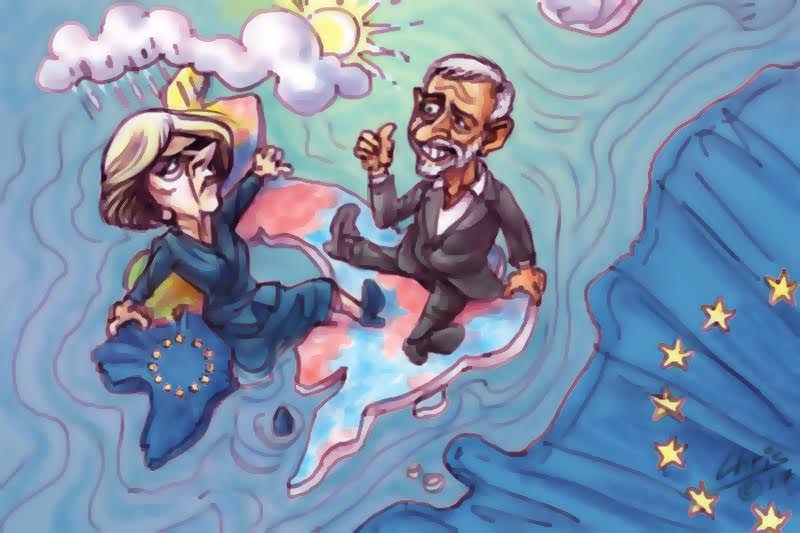
INTERNATIONAL
- Jeff Sparrow
- 09 June 2017
17 Comments
When Corbyn invoked the many against the few, he did so while advocating free education, the renationalisation of utilities and a break from the US alliance. By contrast, Blair coined the phrase in a speech where he urged listeners to put behind them 'the bitter political struggles of left and right that have torn our country apart for too many decades. Many of these conflicts have no relevance whatsoever to the modern world - public versus private, bosses versus workers, middle class versus working class.' We all know which version sits closer to Shorten's heart.
READ MORE 
-
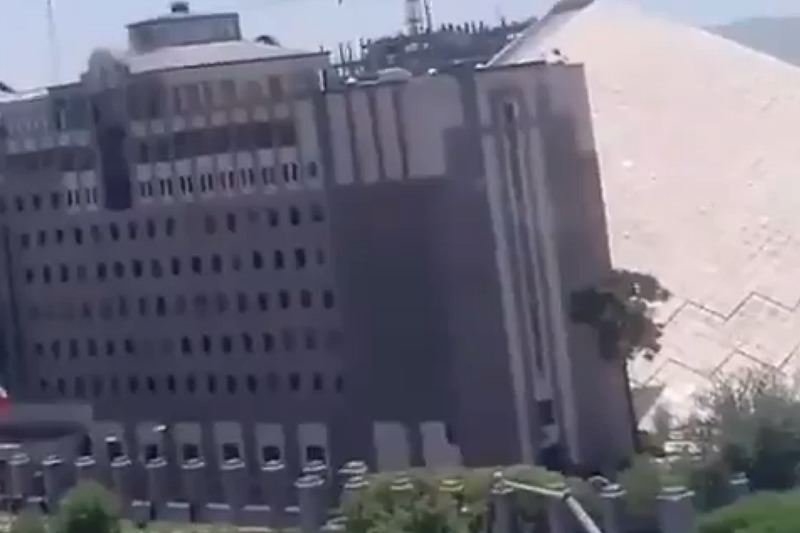
INTERNATIONAL
The unprecedented attacks by Daesh in Iran in which at least 12 people were killed and 39 injured come at an incredibly sensitive time for all countries in the Middle East. What is often obscured by commentators is that much of the present violence in the Middle East is political, not religious, even though religious labels are used as a shorthand for the competing blocs (in much the same way as 'Catholic' and 'Protestant' were used during the Troubles in Northern Ireland).
READ MORE 
-
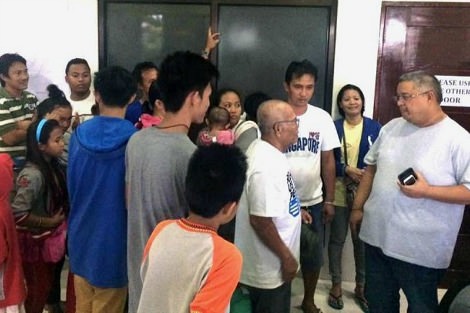
AUSTRALIA
- Fatima Measham
- 08 June 2017
13 Comments
Since 9/11, as well as more recent, atomised attacks in Europe and the UK, our judgment about what is against us has been clouded. It is not Islam, no matter what politicians and commentators say. To believe them is to take seriously the notions that it is ever possible to 'fight' religion as if it were a nation-state, that religion holds a single interpretation, that the only legitimate victim of religious violence is white and non-Muslim, and that human motivation is simple and direct.
READ MORE 
-
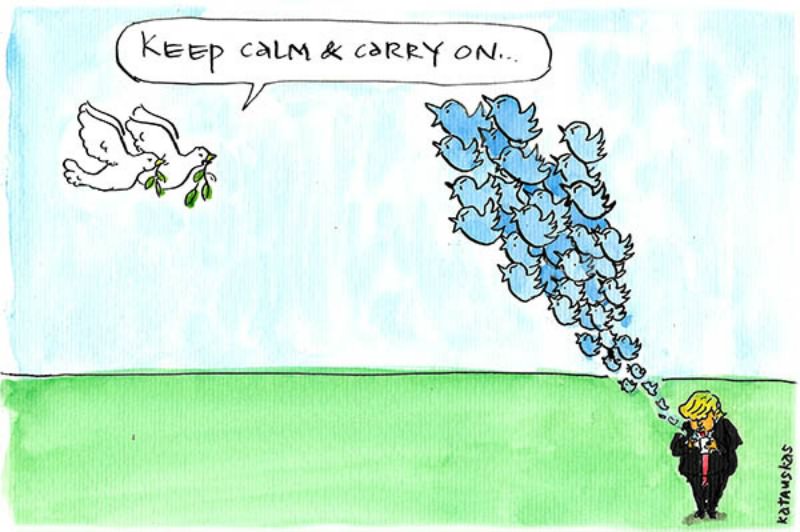
CARTOON
- Fiona Katauskas
- 06 June 2017
3 Comments
This week's offering from Eureka Street's award winning political cartoonist.
READ MORE 
-

INTERNATIONAL
- Catherine Marshall
- 18 May 2017
13 Comments
Australia should think carefully about adopting a ban that singles out Muslim majority countries under the guise of keeping its citizens safe. While it might make sense to ban potential bomb-carrying devices on flights from those countries where terrorist groups tend to be based, in reality it negatively profiles these countries and, more oppressively, the people who come from them. This is precisely the kind of dog whistle politics the likes of Trump and Hanson have engaged in.
READ MORE 
-
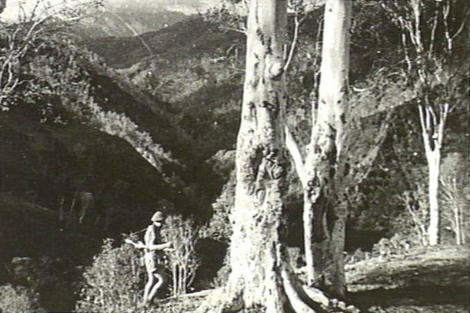
INTERNATIONAL
- Susan Connelly
- 24 April 2017
20 Comments
Fearful of the southward thrust of the Japanese, the Australian government entered East Timor against the wishes of its Portuguese colonisers. The move was not to protect the Timorese, but to thwart possible attacks on Australia. A band of intrepid Australian soldiers, never numbering more than 700, successfully held off thousands of Japanese in Timor, but only because they had the support of the local people. Between 40,000 and 60,000 Timorese died as a result of Japanese reprisals.
READ MORE 
-
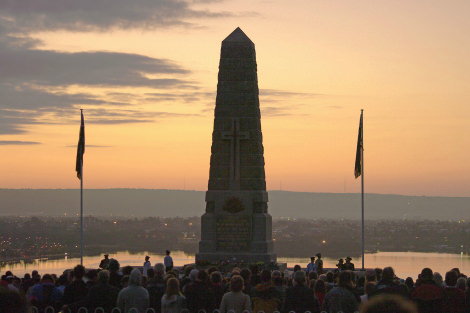
AUSTRALIA
- Andrew Hamilton
- 21 April 2017
4 Comments
At Anzac Day it is common to set the deaths of soldiers into the context of a larger cause; as shaping a template of national identity. This year we celebrate it in a sea of citizen deaths from terrorism and military actions. Such killings are also often set within a broader context such as democracy, national security, or the Western way of life. Deeper reflection suggests that to attribute meaning and value to people through their relationship to a cause does not enhance but diminishes their humanity.
READ MORE 
-
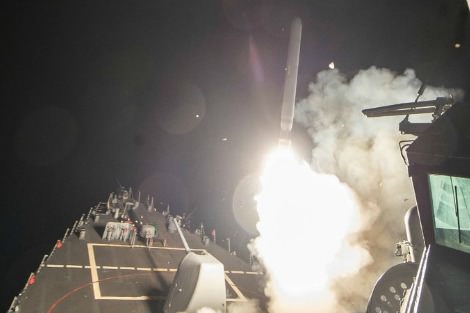
INTERNATIONAL
- Binoy Kampmark
- 10 April 2017
5 Comments
Absent a Security Council resolution, the US had operated independently, adopting a policing and punitive stance against the Assad regime. 'This action,' House Speaker Paul Ryan insisted, 'was appropriate and just.' If humanitarian intervention is supposedly engineered to punish a regime in breach of obligations to protect the civilian population, it starts looking, all too often, like an act of regime change. At what point is the distinction on such matters as proportion or necessity even credible?
READ MORE 
-

INTERNATIONAL
- Justin Glyn
- 07 April 2017
13 Comments
The pictures coming out of Khan Sheikhoun are horrific. Children foaming at the mouth, some with terrible head wounds. No wonder the reaction of the world has been outrage. 'Assad must go' has been revived as a catchphrase in the West. We are right to be appalled. Yet several features about the reported sarin attack in Syria's Idlib Governorate should give pause in the current rush to judgment. Firstly, while you wouldn't know it from much of the media, the facts themselves are contested.
READ MORE 
-
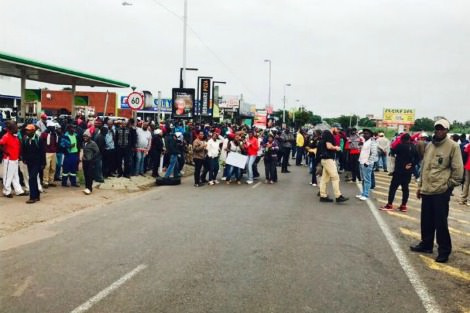
INTERNATIONAL
- Munyaradzi Makoni
- 28 March 2017
1 Comment
Life is back to normal a month after residents of Mamelodi in South Africa marched from on the Home Affairs offices in protest over criminality among immigrants. Now, there are calls for closer re-examination of the action, which many see as threatening peace in one of Africa's biggest economies. 'If drugs and crime were really the issues, it should have been billed as an anti-drugs, anti-crime march, not an anti-foreigner march,' said Johan Viljoen of Jesuit Refugee Service.
READ MORE 
-

INTERNATIONAL
- Justin Glyn
- 02 February 2017
9 Comments
The right wingers who support stripping people of their visas, and separating families in the process, have a point when they say that the US government is not beginning a new persecution, but merely continuing and deepening the persecutions of their predecessors. While previous administrations were more subtle in their actions than Trump's, it is undoubtedly true that the nationals now picked for sanction were those who were already targeted for visa penalties in the Obama years.
READ MORE 